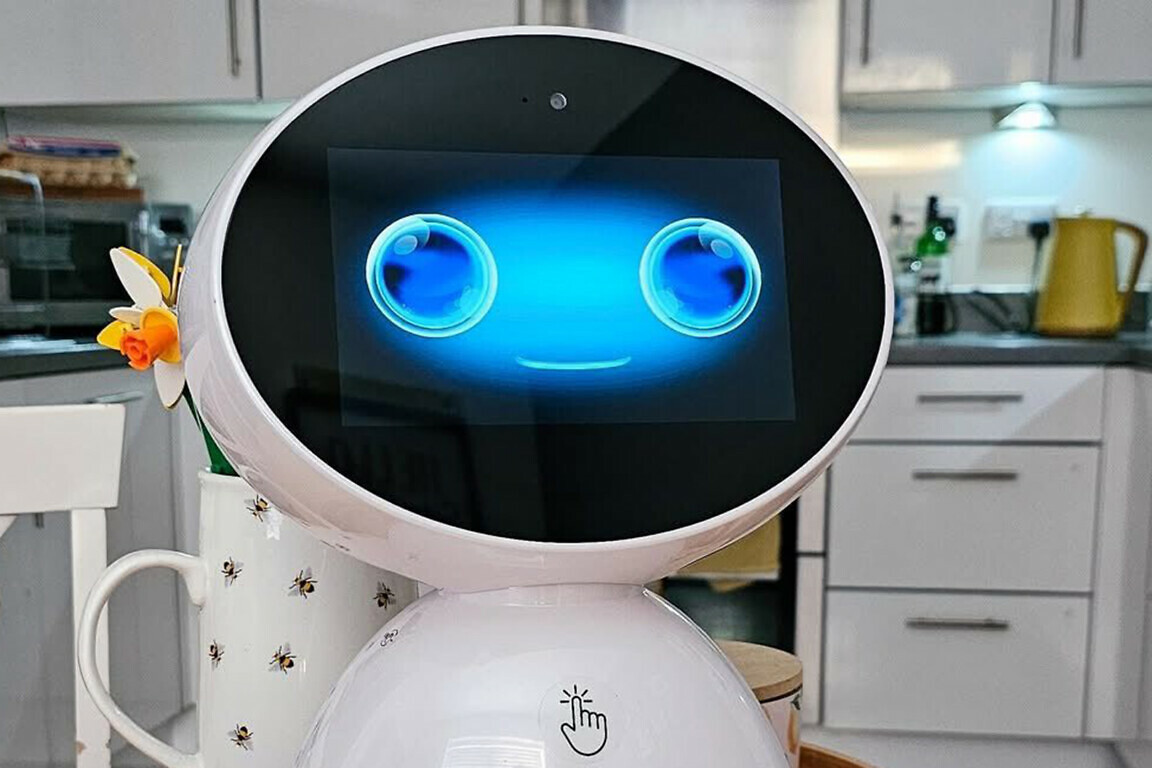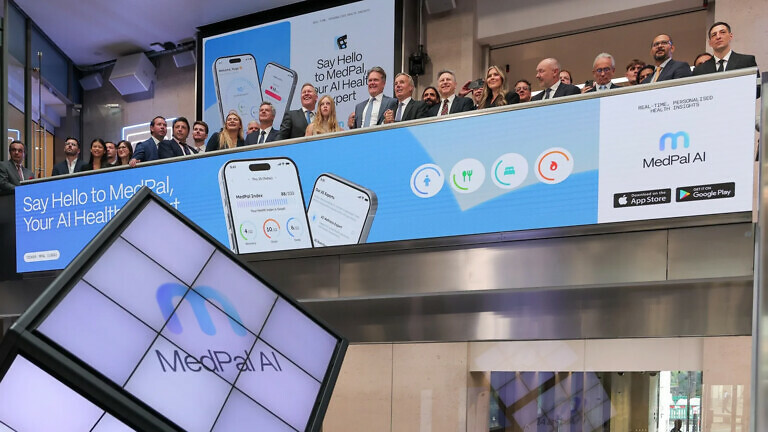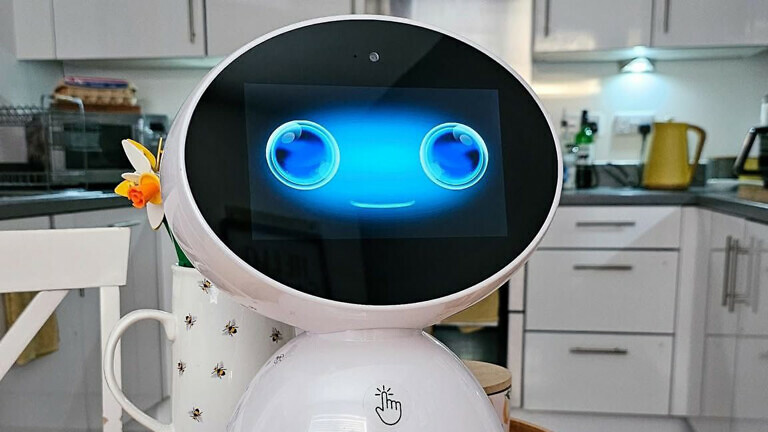The acquisition of the care robotics platform boosts providers’ care capacity by up to 20% and can deliver cost savings of more than £3,768 per patient a year.
Digital-first home healthcare company Cera has acquired care robotics platform GenieConnect – one of the robot lines it has been trialling in patients’ homes – and is now scaling the technology more widely across its own operations and the UK care sector.
Financial terms have not been disclosed.
The GenieConnect robots help older and vulnerable people with food, drink and medication reminders, as well as checking in on their mood and wellbeing and keeping them connected to care teams.
They can be programmed either by care teams or by friends and family members, and are able to remind patients about family events or scheduled visits, which is beneficial for patients with dementia or short-term memory challenges.
By monitoring how much patients are engaging with their prompts and reminders, they can let care staff know how they are doing without the need for a physical or virtual check-in – also enabling them to spot when a patient stops responding or becomes disengaged over a longer period of time.
“GenieConnect has performed well with our patients this year, and we’re excited to take this platform to the next level, expanding access to high-quality, preventative care, and transforming lives across the country,” said Cera founder and chief executive Ben Maruthappu.
Excellent results
The robots have been trialled by more than 12 local councils and 30 care providers. The firm says that the robots have delivered “excellent results” in pilots, with a 96% success rate for ensuring patients take the right medication at the right time, with 64-80% success in encouraging people to eat, and 78-90% success in encouraging people to drink regularly.
Patients using them have reported feeling reassured that someone is checking in on them every day, greater independence and reduced reliance on human carers, and better connectivity with family and care teams. For carers, the robots free staff up to focus on the highest-acuity cases. They also improve care teams’ monitoring capabilities – generating instant alerts about a patient’s wellbeing and responsiveness, and providing care providers with more data about patients to inform future care decisions.
Critically, they boost providers’ care capacity by up to 20% – enabling care companies to support more people without the need for additional human staff – something which will be increasingly vital as the population ages. An estimated two million UK adults in England are currently living with an unmet need for care – a figure set to grow as the population ages.
The company has calculated that a licence for one GenieConnect robot costs local councils and NHS integrated care boards £120 per month, and can deliver cost savings of more than £3,768 per patient a year.
Cera provides care on behalf of more than 100 local governments and almost two-thirds of the UK’s NHS Integrated Care Systems.



